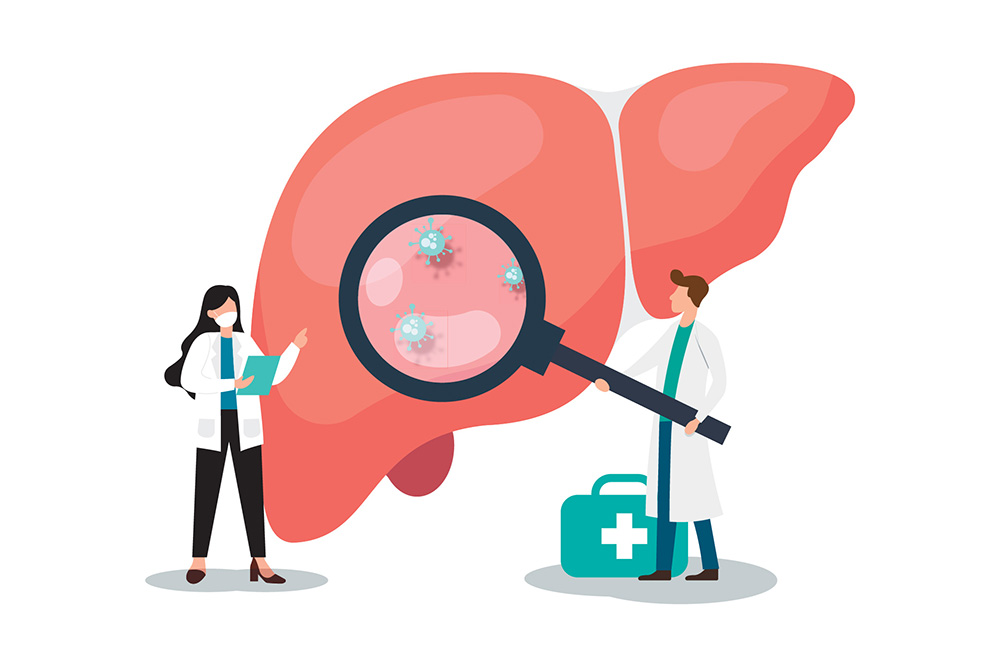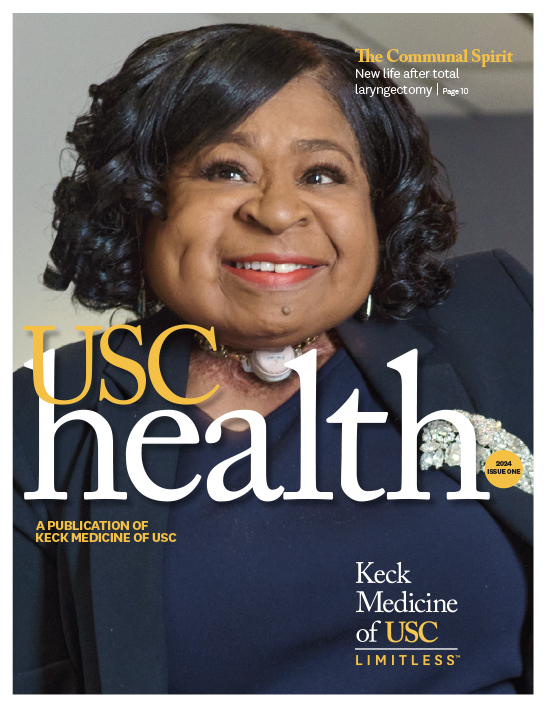
A Keck Medicine of USC study found that a fast-food diet can contribute to nonalcoholic fatty liver disease.
You may want to rethink how often you eat fast food.
That’s because the diet is associated with nonalcoholic fatty liver disease — a potentially life-threatening condition in which fat builds up in the liver — according to a Keck Medicine of USC study.
Researchers discovered that if fast food accounts for 20% or more of daily calories, total liver fat goes up. And the increase, they found, is more severely elevated for people with obesity or diabetes.
The effect on that patient population is “especially striking,” says Ani Kardashian, MD, a hepatologist with Keck Medicine and the study’s lead author.
“Healthy livers contain a small amount of fat, usually less than 5%, and even a moderate increase can lead to nonalcoholic fatty liver disease,” Dr. Kardashian says.
The findings, published in Clinical Gastroenterology and Hepatology, also reveal that a relatively modest amount of fast food, which is high in carbohydrates and fat, can hurt the liver.
This is one of the first studies to demonstrate the negative impact of fast food on liver health.
“If people eat one meal a day at a fast-food restaurant, they may think they aren’t doing harm,” Dr. Kardashian says. “However, if that one meal equals at least one-fifth of their daily calories, they are putting their livers at risk.”
Potential health impacts of fast-food diet
Nonalcoholic fatty liver disease, also known as liver steatosis, can lead to cirrhosis, or scarring of the liver, which can cause liver cancer or failure.
Liver steatosis affects over 30% of the U.S. population, and the only current treatment method is an improved diet.
The study characterized fast food as meals, including pizza, from either a drive-thru restaurant or one without wait staff.
The researchers evaluated the fatty liver measurement of approximately 4,000 adults and compared the measurements to their fast-food consumption.
Of those surveyed, 52% consumed some fast food. Of these, 29% consumed one-fifth or more daily calories from fast-food, and these respondents also experienced a rise in liver fat levels.
The link between liver steatosis and a 20% fast-food diet was consistent, even when data were adjusted for other factors.
Topics


